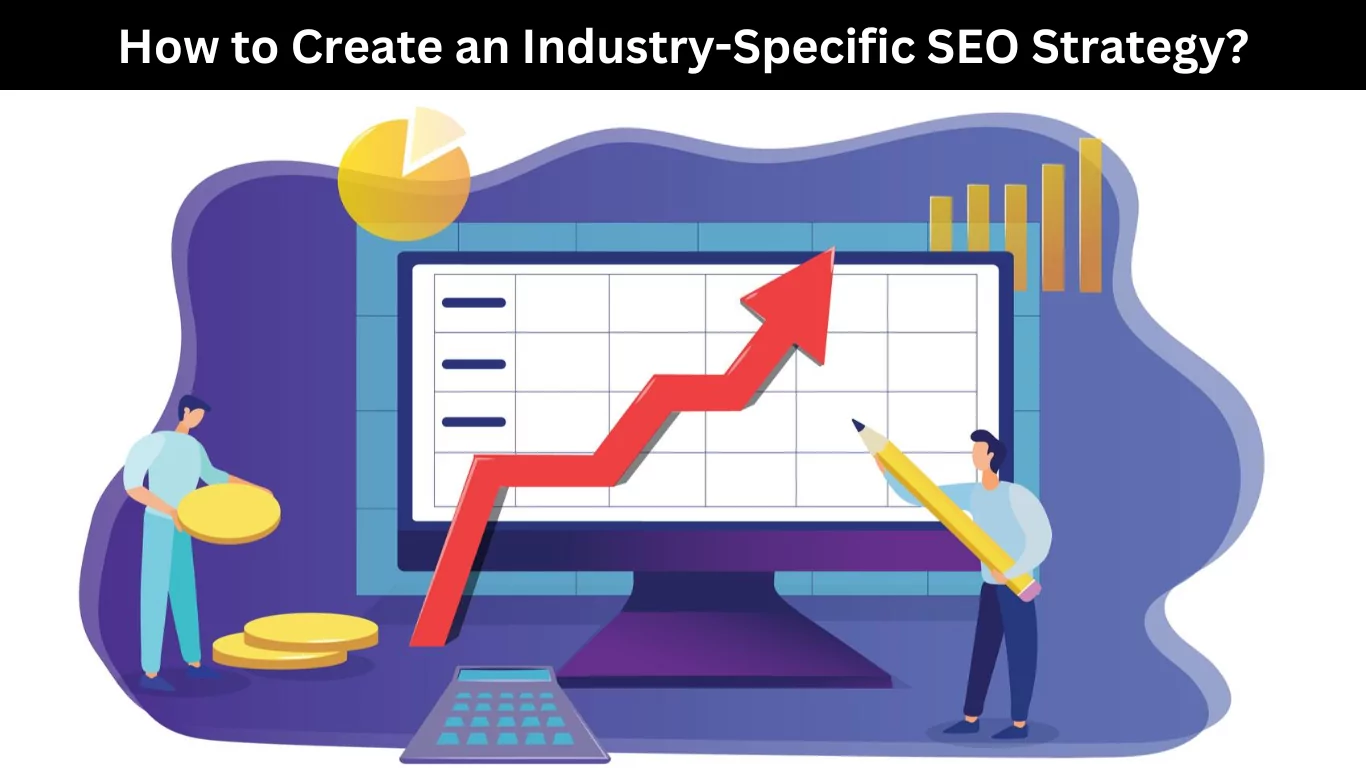Customisation is key to elevated results. Be it any other industry, a personalised approach can help you fix sharp targets and achieve greater benefits. In fact, it is a must. But is it possible in SEO, too?
Yes, SEO strategies that are tailored to specific industries are more result-driven than otherwise. Each industry will have its distinct features, challenges, audience, and competitive landscape. These aspects must be considered while creating an SEO strategy.
This is a vast subject, but here’s a guide that gives you a headstart on tailoring industry-specific SEO strategies. First, let’s understand the core essence of these strategies:
The Importance of Industry-Specific SEO
Before creating the strategy, it is extremely important to understand the very concept of it a bit deeply. Here are a few benefits an industry-specific SEO strategy can offer:
- Addresses Unique Challenges: This type of strategy is capable of handling industry-specific challenges efficiently. The challenges can be anything from regulations to seasonality to customer preferences.
- Outshine Competitors: Although SEO has become a prevalent marketing strategy nowadays, many still are unaware of the right ways to use it. A lot of them use generic SEO strategies, scratching the bare minimum of this potent tool. You can gain an edge over all those competitors with an advanced, industry-specific SEO approach.
- Target More Relevant Keywords: Using keywords is the foundation of any SEO strategy, generic or industry-specific. However, the difference between the two lies in the depth of keyword research. An industry-specific keyword strategy considers user intent, geographic location, competition, user segmentation, and more.
- Provide Better User Experience: An industry-specific strategy allows you to create more specific content with industry terminology and jargon. This enables greater user experiences aimed at improving overall user satisfaction and engagement.
These four benefits are enough to tell how important industry-specific SEO strategies can be for businesses and consumers.
Tailoring Industry-Specific SEO Strategy
Expert SEO services in Melbourne can help you create an apt SEO strategy for your industry. But the following 11 steps can give you an overall idea of how it goes:
- Starts with Industry Research: Because this is industry-specific, the process has to begin with comprehensive industry research. Conduct thorough industry research and understand its dynamics. Your primary focus should be identifying key players, market trends, customer demographics, and customer pain points.
Exploring the specific challenges and opportunities your industry presents will enable the next steps of the process.
- Do In-depth Keywords Research: Keyword research is the foundation of any successful SEO strategy. Use industry-specific keyword research tools and data to identify the most relevant keywords and phrases. Consider long-tail keywords and question-based queries that are common in your industry.
- Analyse Competitors: In this step, you analyse your competitors’ online presence. Identify their top-performing content, backlink profiles, and social media engagement. This information will help you discover gaps in their strategies that you can leverage to your advantage.
- Audit Your Website: It’s not often seen in generic SEO strategies. However, in industry-specific SEO strategies, it is crucial to audit your site along with your competitors. Performing a comprehensive audit of your website’s current SEO status will further clarify your next course of action.
So, check for technical issues, site speed, mobile-friendliness, and indexability. These issues may hinder your SEO efforts if left unresolved.
- Content Strategy: Now, it’s time to develop a content strategy tailored to your industry. Identify topics, formats, and distribution channels that resonate with your target audience. Consider creating industry-specific guides, case studies, and educational content.
- On-Page Optimisation: This is essential in every SEO strategy. Optimising your website’s on-page elements, such as title tags and meta descriptions, will boost your level in the eyes of search engines. Be careful, as these elements must stay aligned with the target keywords identified in your research.
- Technical SEO: SEO services in Melbourne will be more capable at this, so consider hiring one if you haven’t already. Pay attention to technical SEO aspects, including XML sitemaps, robots.txt files, canonical tags, and schema markup.
The goal is to structure your website in a way that search engines can readily crawl and index.
- Local SEO (if applicable): This is an additional step if your business serves local customers. At this stage, you optimise for local SEO by claiming your Google My Business listing, acquiring online reviews, and maintaining consistent NAP (Name, Address, Phone Number) information.
- Building Quality Links: Acquiring backlinks is a supreme aspect of SEO. It shows the search engines how reliable and valuable your website is. Hence, developing a link-building strategy is crucial. But focus on the backlinks’ quality instead of quantity. Guest posting, influencer outreach, and content promotion can be effective tactics.
- Monitoring and Analytics: Work with tools like Google Search Console (GSC) and Google Analytics to monitor your SEO performance. Follow key metrics such as organic traffic, keyword rankings, click-through rates, and conversion rates. Continuously analyse the data to refine your strategy.
- Adapt and Evolve: Considering how dynamic the digital landscape is and how transient algorithms are, you must regularly adapt and evolve your SEO strategy. Stay updated with industry trends, search engine updates, and emerging technologies. Be ready to welcome the change!
Talk to the Specialist: Make My Website
Here’s the picture: Businesses need online and offline presence to thrive. Because of how the world is digitalised today, online presence has grown superior. For this, you need a lot of digital tools, whether a custom website or an SEO strategy.
More importantly, most of these are long-term strategies, so you need a professional with you. If you agree, you can check out Make My Website, one of Australia’s leading digital agencies. It’s a Melbourne web design agency that also specialises in various complementing services, from SEO to branding.
So, reach out to them if there’s ever a need. Good luck!
